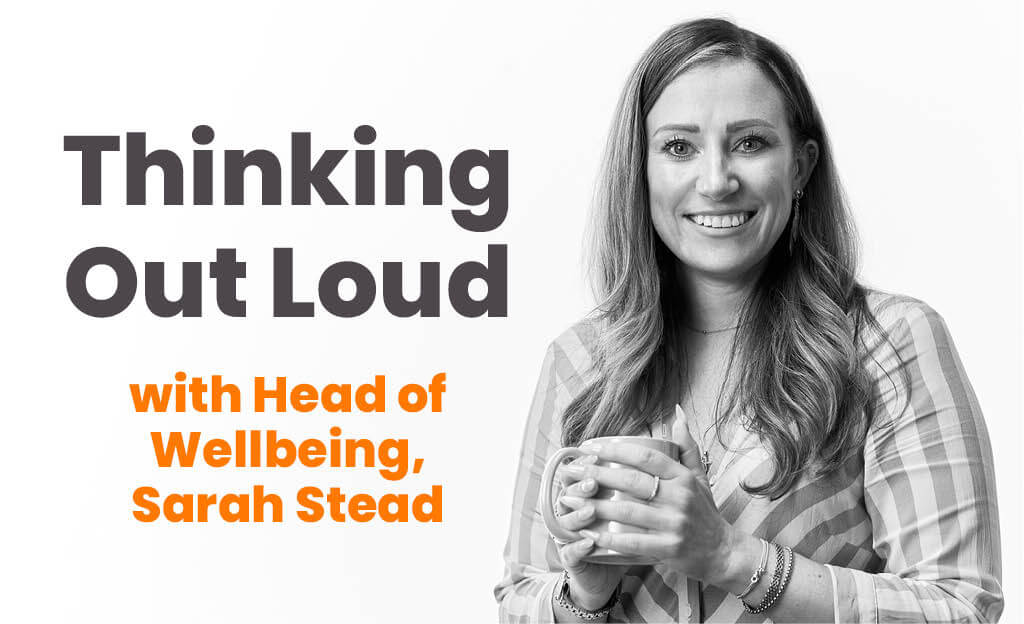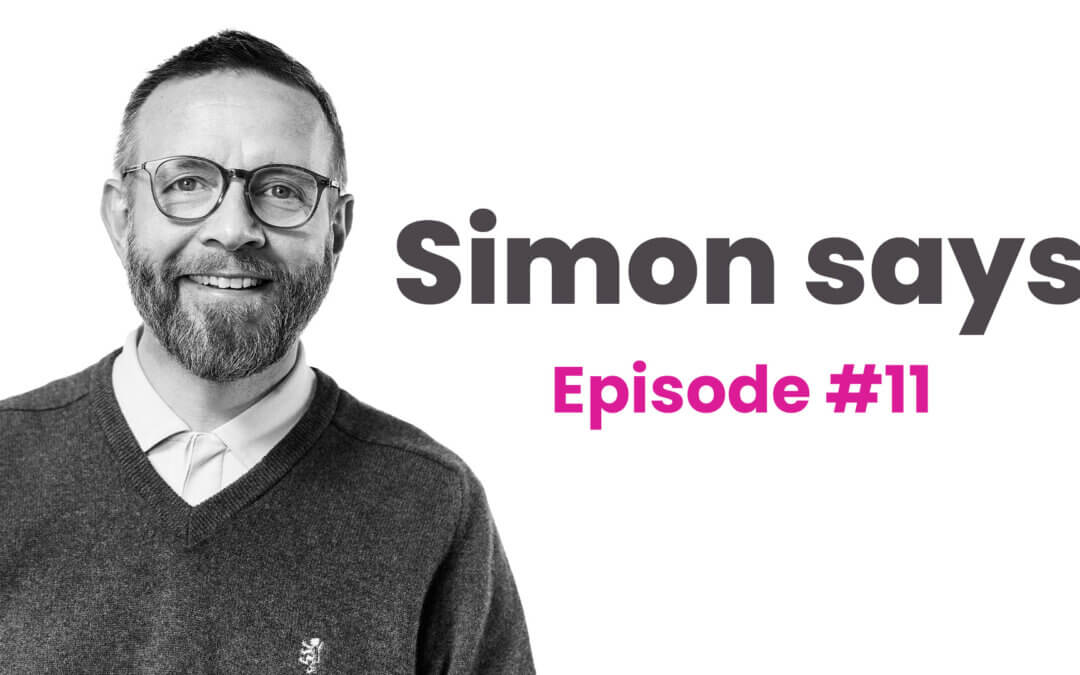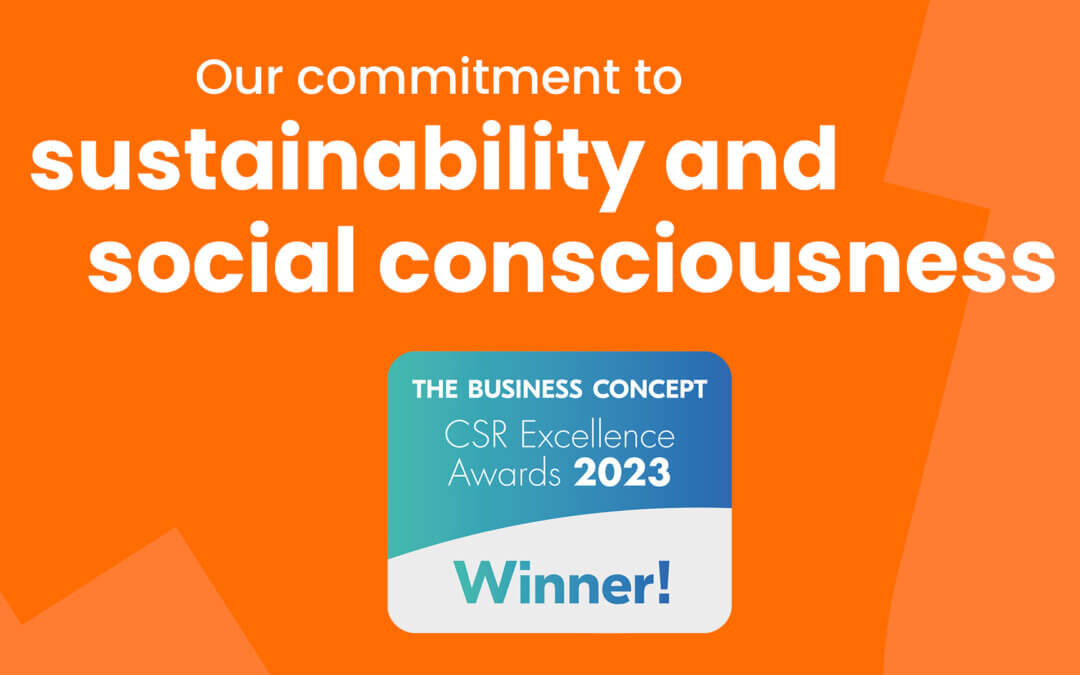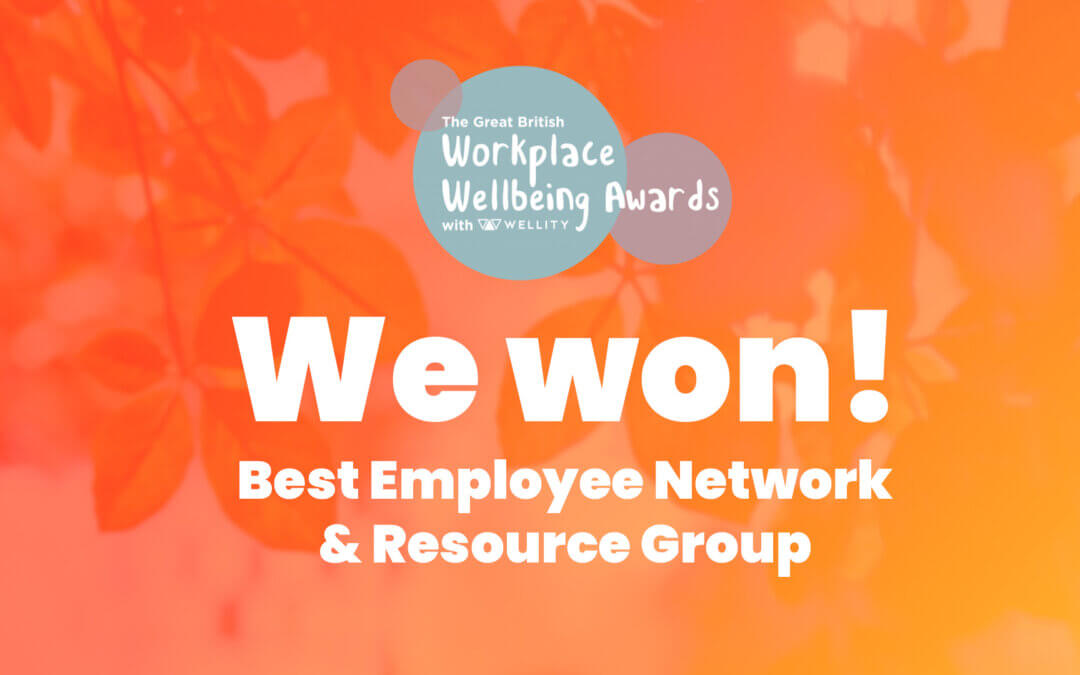As we acknowledge Mental Health Awareness Week, who better to hand over to than our own Head of Wellbeing, Sarah Stead, who takes an in-depth look at her own struggles with Imposter Syndrome, along with techniques she’s learned over the years to manage those feelings when they arise.
Although I’ve had the narrative, thoughts and points I consider vaguely interesting for this piece clear in my head for a few days now, the idea of committing something to (virtual) paper under the title of ‘thought leadership’ is anxiety inducing – and I choose those words very carefully.
Months away from being 40 years old, I still have the occasional visit from a very familiar (somewhat too familiar) friend. Someone who jumps in at the most inconvenient moment to tell me ‘I do not deserve this job’, ‘I am not good enough’, or ‘I’ll be found out’.
I’m sure many of you have guessed that I’m talking about Imposter Syndrome. It’s estimated that around 70% of people will suffer from Imposter Syndrome at least once in their lives, while a study by KPMG shows that 75% of executive women have experienced it.
“Each day I felt anxious, with that gnawing thought in the back of my head that I simply wasn’t good enough”
In my 20s I was convinced that my imposter syndrome feelings were true and accurate. I needed to be better. Of course, the reason for these feelings was apparent – because I was a woman in tech.
Each day I felt anxious, with that gnawing thought in the back of my head that I simply wasn’t good enough. Why? Because I wasn’t male, I couldn’t be as good as my male colleagues because I wasn’t intelligent or technical enough, I didn’t think in the same way they did, and I could lose my job at any moment.
I distinctly remember learning about imposter syndrome in my late 20s and thinking ‘That’s it! That’s exactly how I feel’. Talking about it with others who felt the same way helped give me some perspective, with the knowledge that I wasn’t alone. Deep down, I hoped that with time it would go away if I ignored it, or (more accurately) if I worked harder and harder, I could somehow prove it wrong and make it disappear.
“I had learned by this point that (at least for me) there was no option to work hard enough to beat those feelings into submission”
As I reached my mid-30s, my imposter syndrome saw a chance to rear its head in response to an incredible career opportunity. I was to be gifted a shot at heading up the new, dedicated Wellbeing department within ITG. For me, this was something I had only dreamed of – wellbeing and mental health were subjects I was hugely passionate about, and I had spent years outside of work volunteering in suicide crisis prevention.
This time, I pulled on all the hints, tips and tricks I’d picked up over the years to manage my imposter syndrome. I had learned by this point that (at least for me) there was no option to work hard enough to beat those feelings into submission. Instead, there are smaller ways to befriend it.
For me, this involved:
- Acknowledging the feelings (rather than trying to ignore them), which helped to make them seem less overwhelming. Allowing your feelings to be what they are, without judging them or trying to change them, can be surprisingly empowering.
- Talking to a trusted mentor. I believe having a mentor is one of the best things you can do for career development, and I’m so grateful to have had an amazing one since the age of 24. A mentor can offer you an honest and objective perspective – a trusted sounding board that sees you for who you are when perhaps you’re struggling to see yourself.
- Avoiding comparing myself to others, because we’re all different (and that’s what makes us so interesting!). Too much comparison can often lead to unhappiness and low self-esteem, and we can become frustrated with ourselves when we should be celebrating what makes us unique.
- Challenging the doubts using facts and evidence, whether that’s past recognitions, feedback, promotions and so on. Where possible, use real-life examples to counter the voice of the ‘imposter’. For example, if it’s telling you that you’re going to be terrible at your next presentation, then list out occasions when you absolutely smashed it at a presentation. Try to remember that those anxious feelings may be present in that precise moment, but they’re not grounded in any sort of reality.
- Reminding myself that no-one is perfect, and success isn’t necessarily perfection!
I’m so glad that I was able to keep my imposter syndrome under enough control to accept this amazing position, because otherwise I’d have missed out on an incredible few years in my life – with even more to come!
A huge thanks to Sarah for sharing her story on Mental Health Awareness Week! We know how important it is to talk about issues around mental health, so please remember that if you’re ever struggling, there are a wealth of resources out there for you.










